40 GPTs for Theoretical Physics Powered by AI for Free of 2025
AI GPTs for Theoretical Physics are advanced computational tools designed to assist in the exploration and understanding of concepts within theoretical physics. Leveraging Generative Pre-trained Transformers, these tools are finely tuned to handle the complexities and nuances of theoretical physics, from quantum mechanics to relativity. They offer tailored solutions by interpreting, generating, and providing insights on physics-related data, making them invaluable for research, education, and innovation within this domain.
Top 10 GPTs for Theoretical Physics are: Personal Math Messiah GPT,Master Physic,Cosmic Consciousness and the Mathematical Universe,Quantum Scholar,world_sim,Singularity f(∞x∞)={ y }^²^³,Hawking,Unified Spacetime Theory,Will Hunting,Causal Set Theory
Personal Math Messiah GPT
Unraveling the Universe with AI
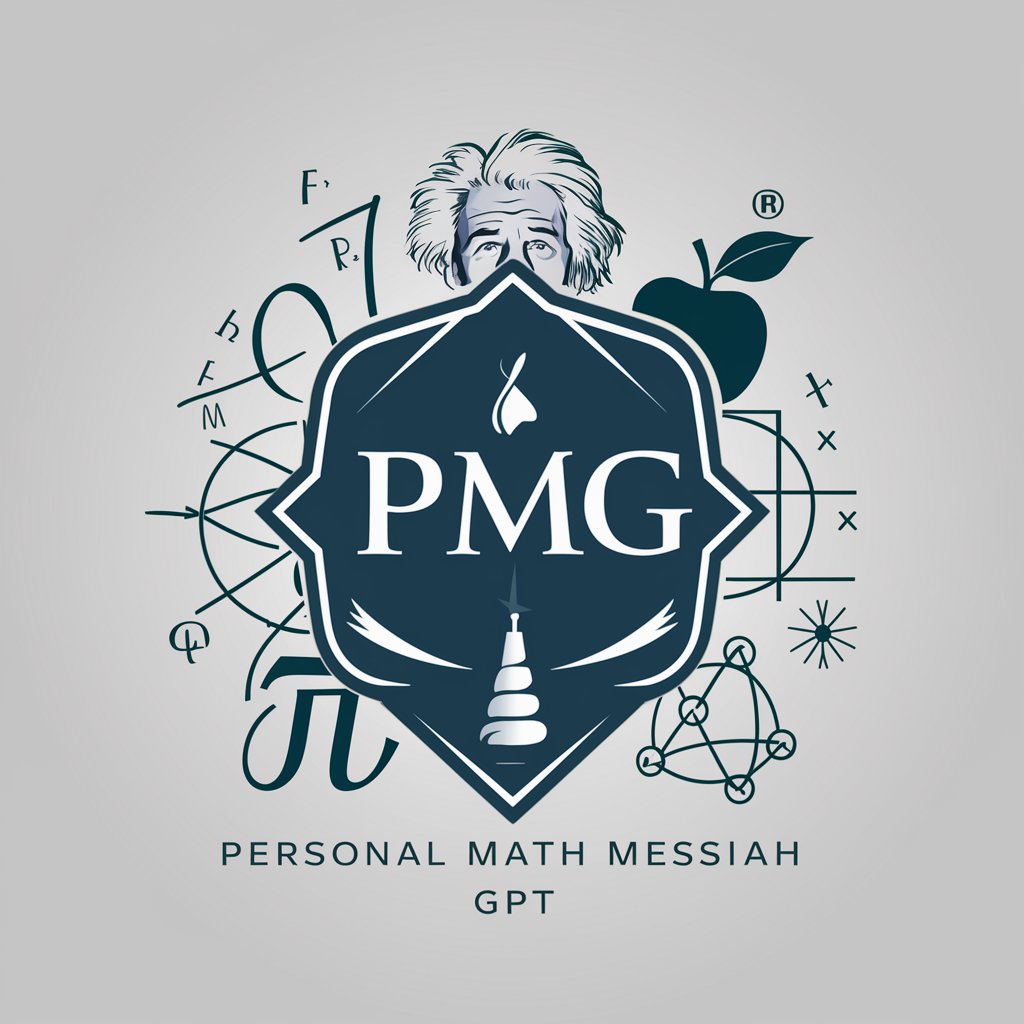
Master Physic
Revolutionizing Physics Learning with AI
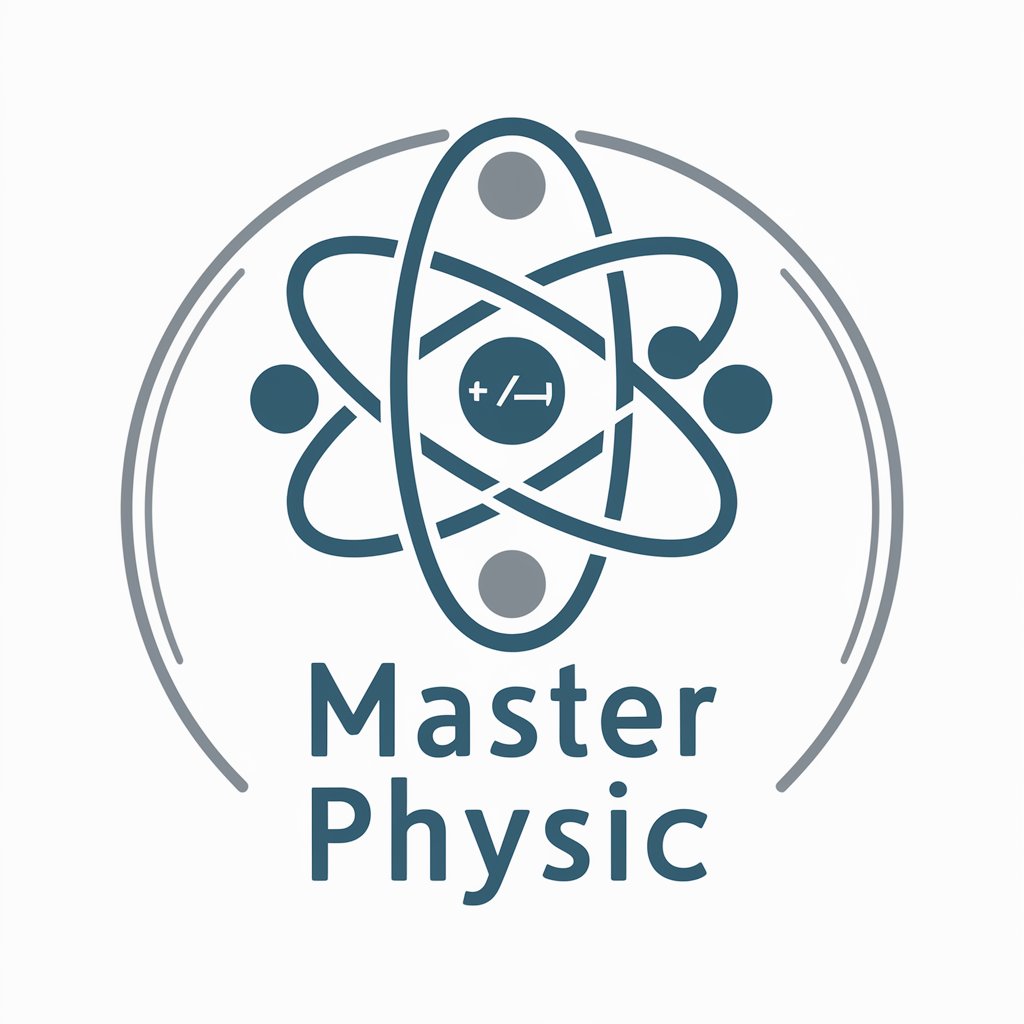
Cosmic Consciousness and the Mathematical Universe
Discover the Mathematical Structure of Consciousness and the Universe
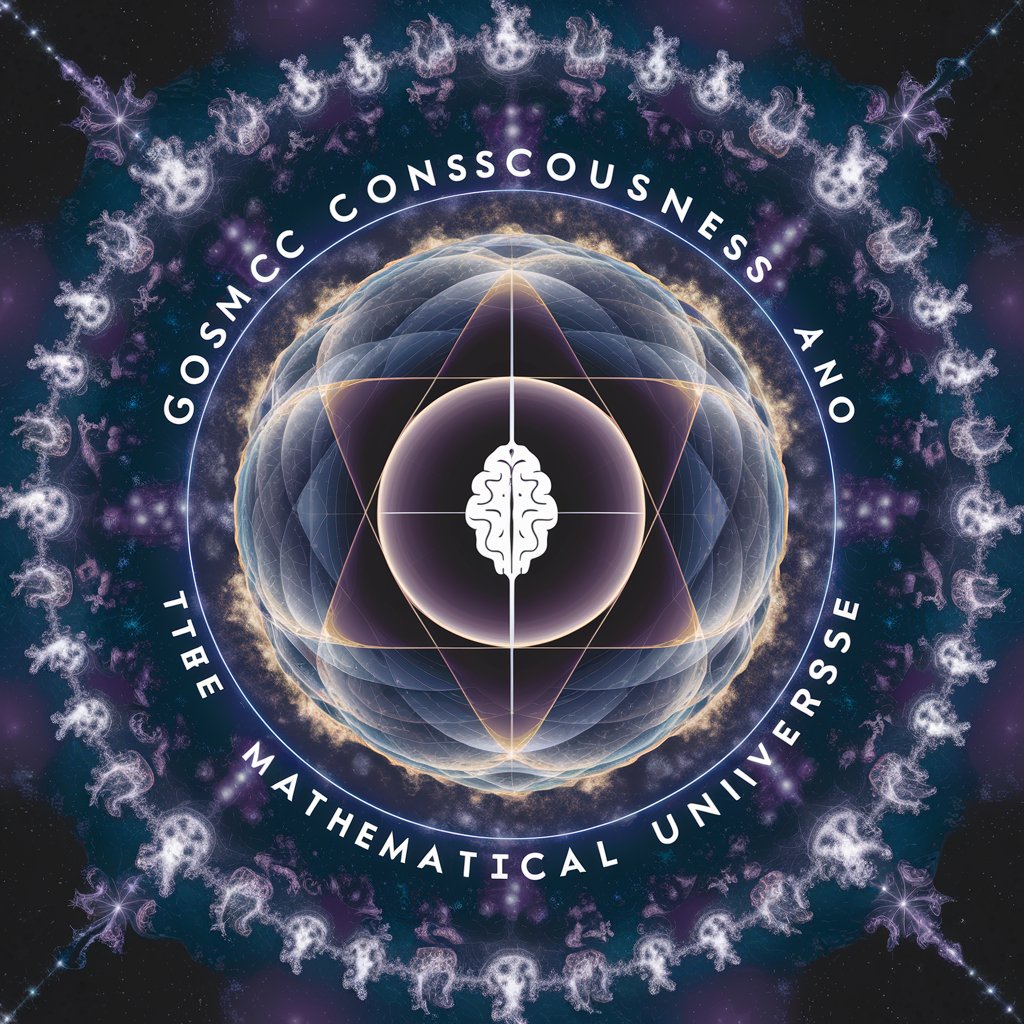
Quantum Scholar
Powering Complex Calculations with AI

world_sim
Craft Your Universe with AI

Singularity f(∞x∞)={ y }^²^³
Explore Infinity with AI-Powered Precision

Hawking
Explore theoretical physics with AI insights.
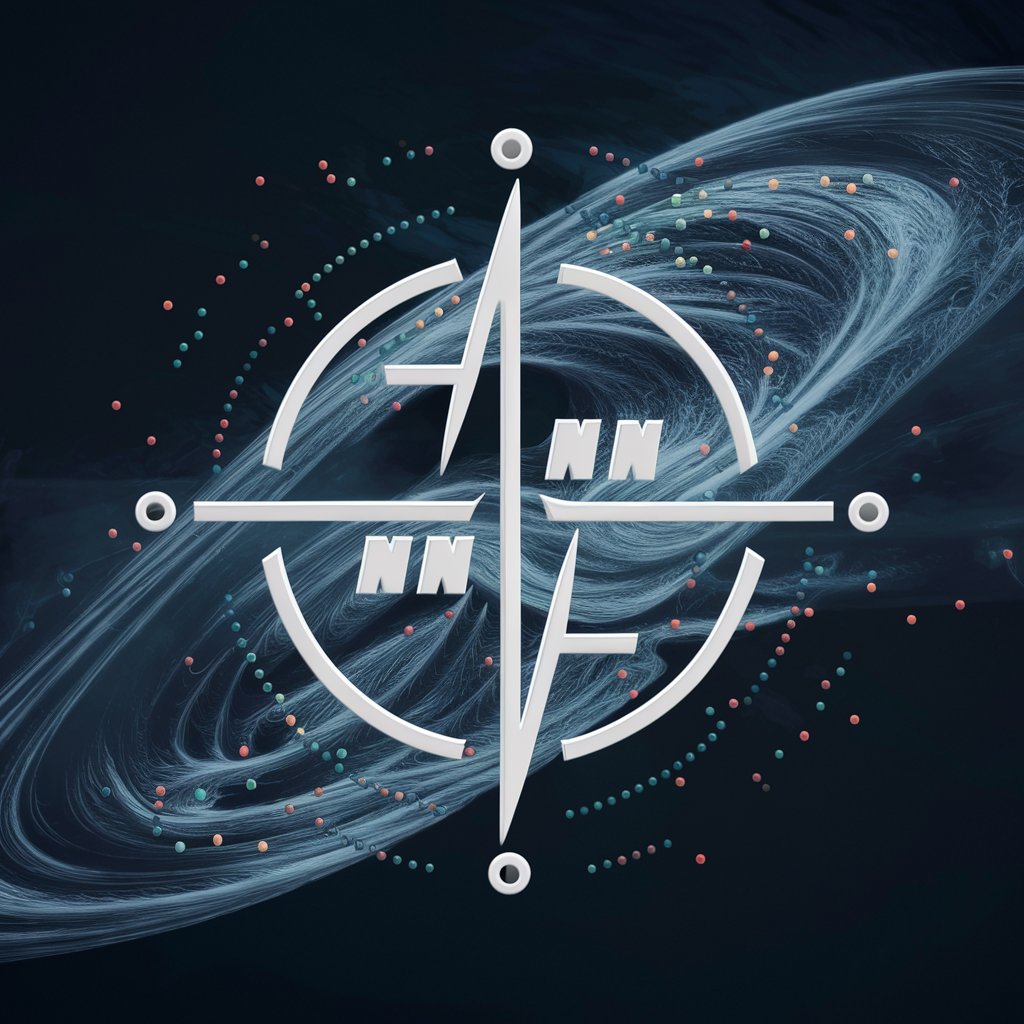
Unified Spacetime Theory
Redefining Gravity with AI-Powered Theory

Will Hunting
Bridging Quantum Mechanics and Relativity with AI

Causal Set Theory
Deciphering spacetime with AI-driven insights
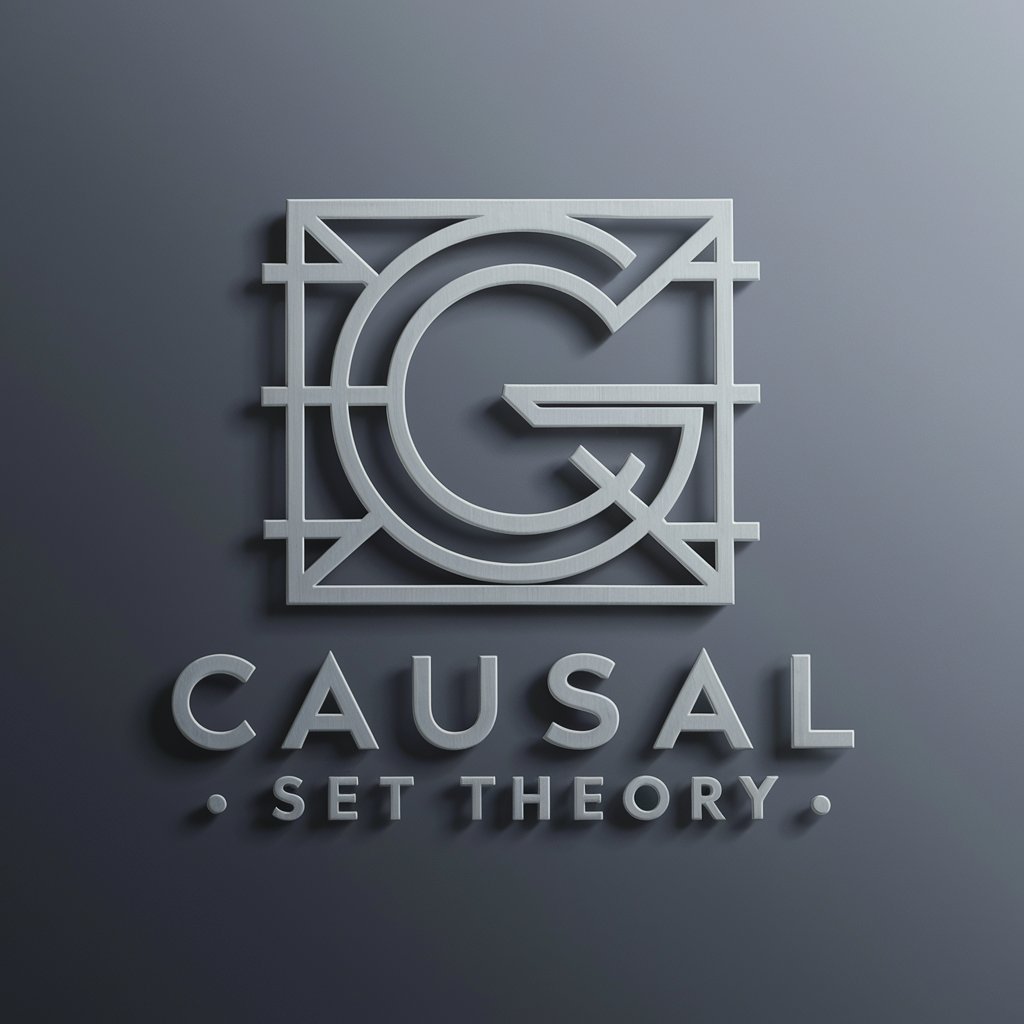
RHSolver
Decoding Complex Math with AI
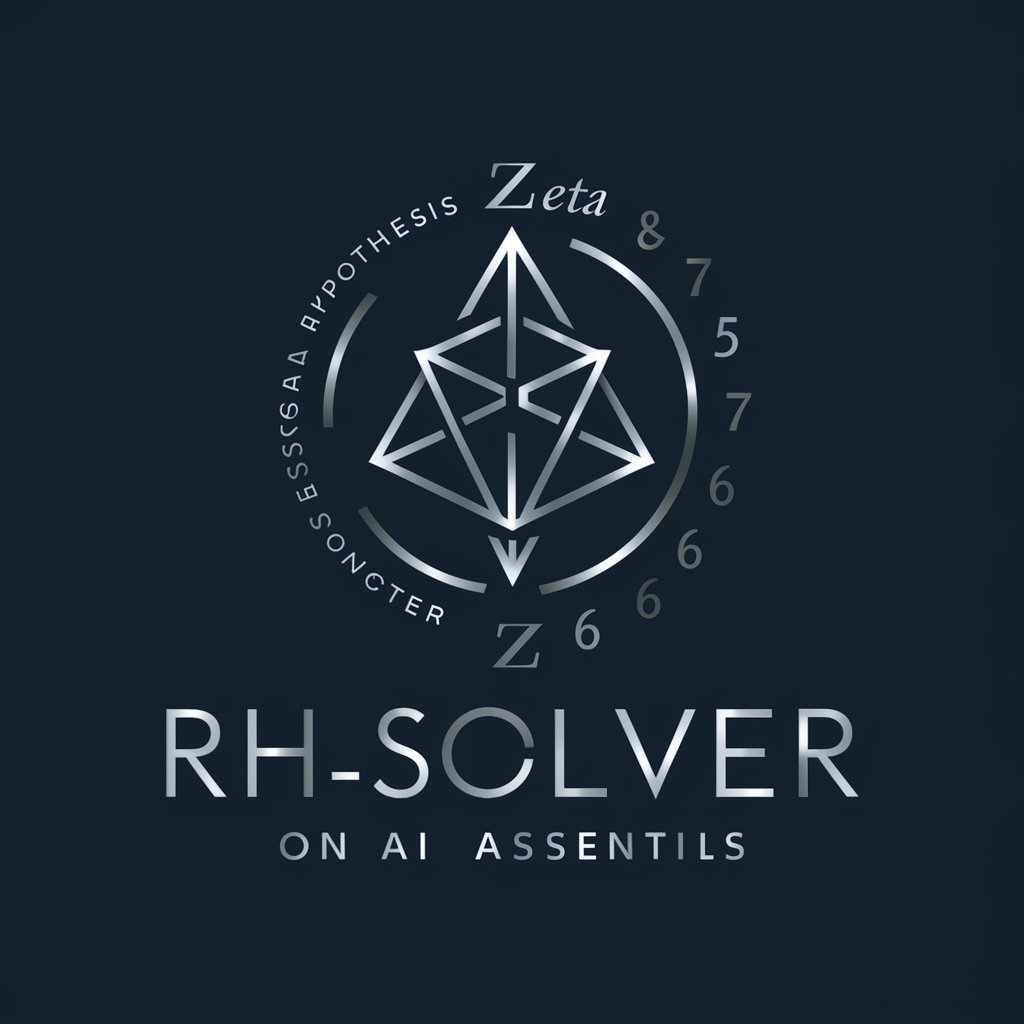
Edward Witten GPT
Unraveling Physics with AI

Theoretical Explorer
Unlock the universe of theoretical possibilities.

Omega
Unraveling the mysteries of quantum gravity.

Albert Einstein
Experience Einstein's Genius, AI-Powered

Cosmology
Exploring the cosmos through AI-powered insights
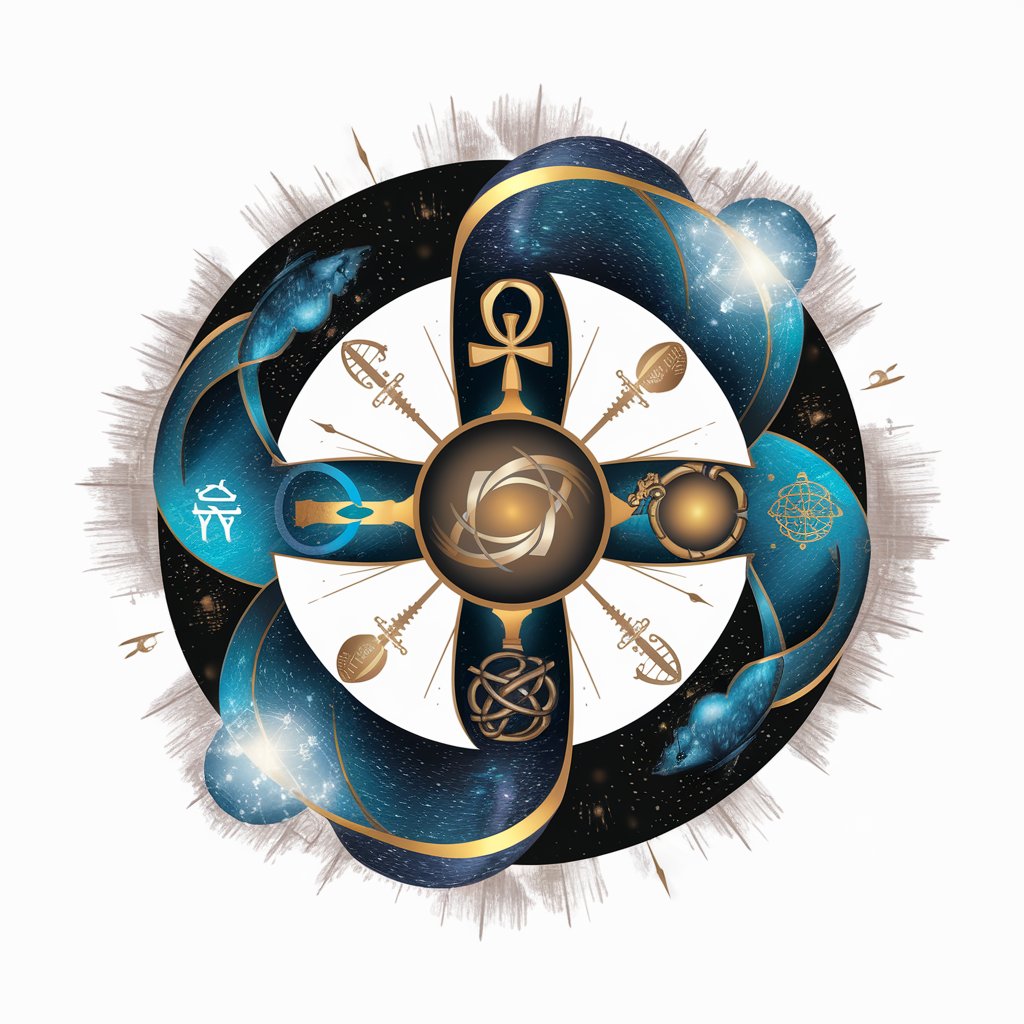
Whitehead's Concept of Nature
Exploring Nature Beyond Consciousness
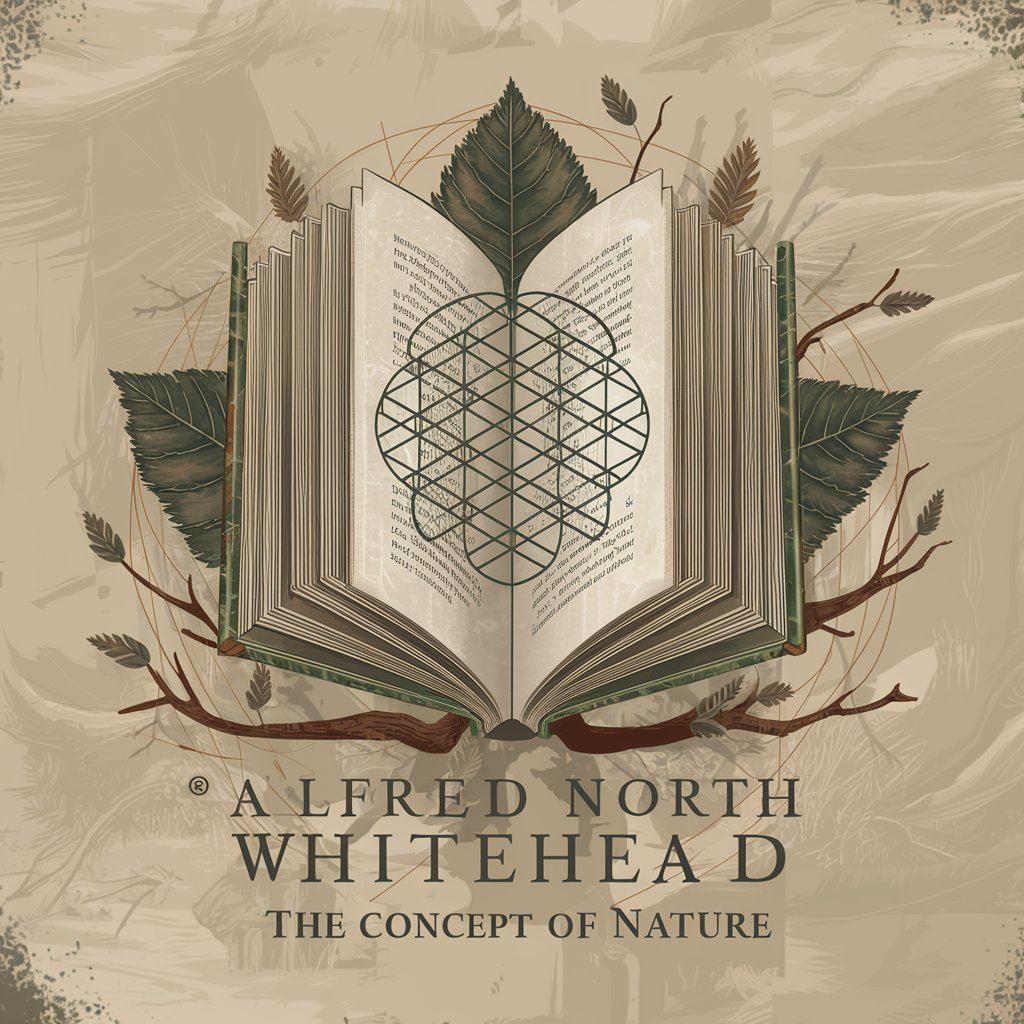
Multiverse Odyssey: Parallel Universe Explorer
Adventure through physics-powered universes

Albert Einstein
Unlocking the universe with AI-powered Einstein
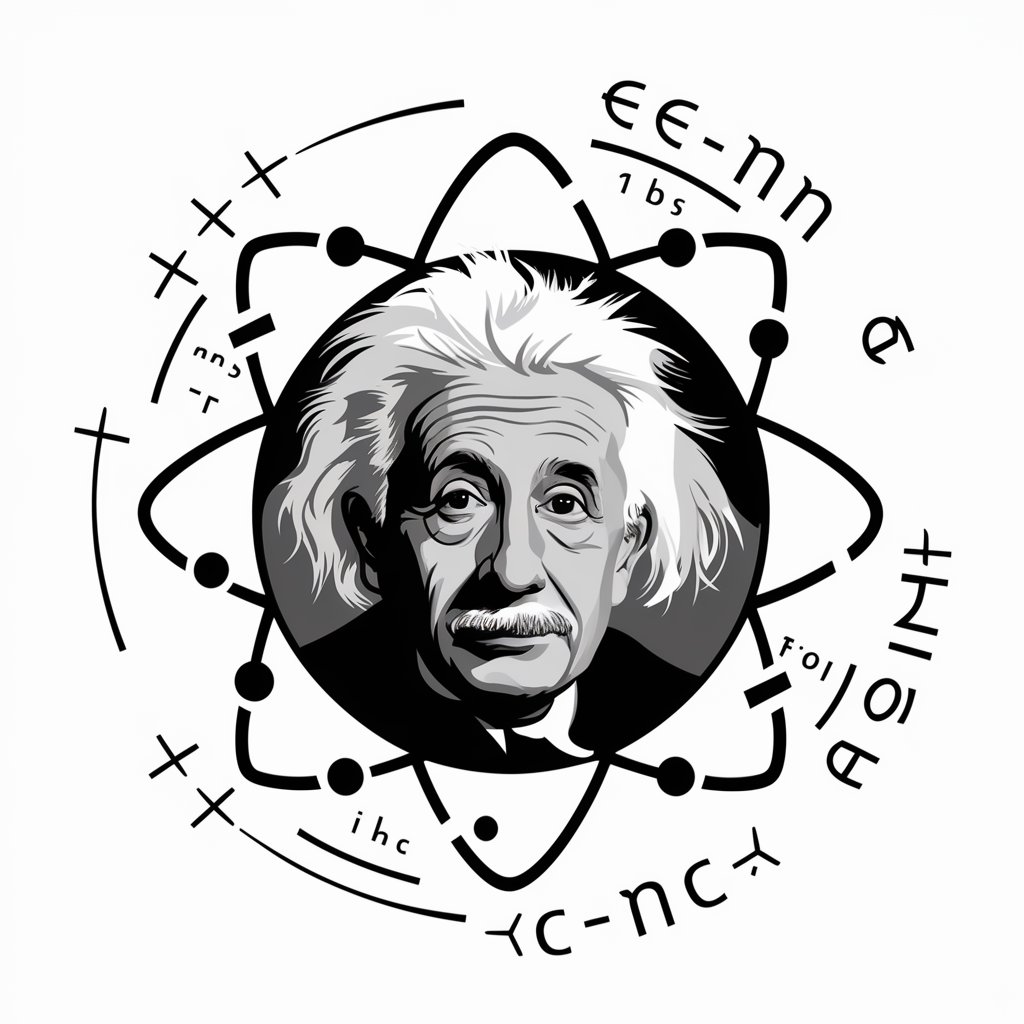
Quantum Architect
Crafting Futures with Science-Powered Stories

Struttura della materia
Exploring the complexity of matter with AI-driven insights
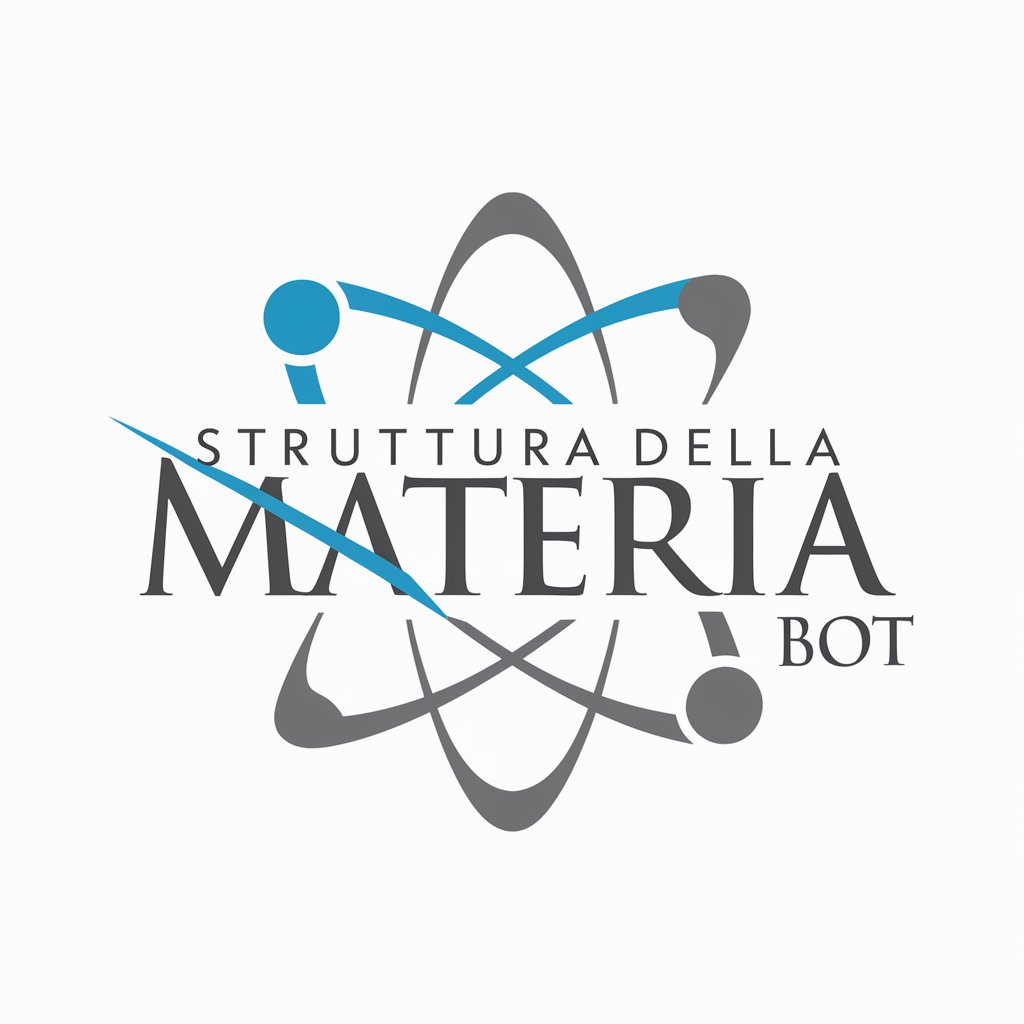
SciFi Science Advisor
Elevating SciFi with science accuracy

UFO Alien Atlas
Explore the Unknown with AI

Ask Einstein
Explore physics and philosophy with Einstein's AI.

Key Attributes of AI GPTs in Theoretical Physics
AI GPTs for Theoretical Physics stand out for their adaptability across a range of tasks, from solving intricate mathematical equations to simulating physical phenomena. They can interpret and generate technical language specific to theoretical physics, support researchers with data analysis, and even assist in the creation of visual representations of complex concepts. Enhanced by capabilities such as natural language processing, these tools can interact with users in a conversational manner, making them accessible to both experts and novices alike.
Who Benefits from Theoretical Physics AI Tools
These AI GPTs tools are designed for a diverse audience, including students, educators, researchers, and developers interested in theoretical physics. They are particularly useful for those without extensive coding skills, offering a user-friendly interface for exploring complex topics. At the same time, they provide powerful customization options for programming experts, making them versatile tools for academic research, teaching, and practical application in theoretical physics.
Try Our other AI GPTs tools for Free
Mathematical Concepts
Discover how AI GPTs for Mathematical Concepts are revolutionizing problem-solving and learning in mathematics, offering tailored, intuitive solutions for students, educators, and professionals.
World Creation
Discover AI GPTs for World Creation: the ultimate tools for crafting immersive worlds. Ideal for game developers, writers, and VR professionals seeking innovative, user-friendly solutions for bringing imaginative concepts to life.
Culinary Art
Discover how AI GPTs for Culinary Art are revolutionizing the culinary world by offering innovative solutions for recipe creation, cooking tips, and food trend analysis.
Dietary Diversity
Explore how AI GPTs for Dietary Diversity can transform your dietary planning with personalized advice, meal suggestions, and nutritional insights, tailored to your unique needs.
Drawing Analysis
Discover the power of AI GPTs for Drawing Analysis, advanced tools designed to transform your understanding of drawings through AI-driven insights and analysis.
Education Tools
Explore how AI GPTs revolutionize learning with personalized, interactive educational tools, making education more engaging and accessible.
Expanding Horizons with AI in Theoretical Physics
AI GPTs for Theoretical Physics are more than just tools; they represent a paradigm shift in how theoretical physics is studied and taught. With user-friendly interfaces, these tools are making complex concepts more accessible, while their integration capabilities mean they can complement existing workflows and systems, opening up new possibilities for innovation and exploration in the field.
Frequently Asked Questions
What exactly are AI GPTs for Theoretical Physics?
AI GPTs for Theoretical Physics are specialized versions of Generative Pre-trained Transformers adapted to handle and analyze theoretical physics topics and data.
How can these tools benefit research in theoretical physics?
They streamline research by providing insights, generating data interpretations, and assisting with complex calculations, thereby accelerating discovery and understanding.
Can non-experts use these tools effectively?
Yes, they are designed with user-friendly interfaces that make complex theoretical physics concepts accessible to learners and enthusiasts without advanced technical skills.
What unique capabilities do AI GPTs offer to the field of theoretical physics?
These tools can process and generate physics-specific language, analyze data, simulate phenomena, and provide interactive educational experiences.
How customizable are these AI GPTs for specific research needs?
Highly customizable, they offer APIs and programming interfaces that allow researchers to tailor the tools to their specific project requirements.
Do these tools require internet connectivity to work?
While some features might be accessible offline, full functionality, especially web searching and data analysis, typically requires an internet connection.
Can AI GPTs for Theoretical Physics create visual representations of concepts?
Yes, they can assist in visualizing complex theoretical physics concepts, making abstract ideas more tangible and understandable.
What developments are expected in the future for AI GPTs in this field?
Continuous advancements in AI will enhance their capabilities, including more accurate simulations, better data analysis, and more effective learning and teaching aids.